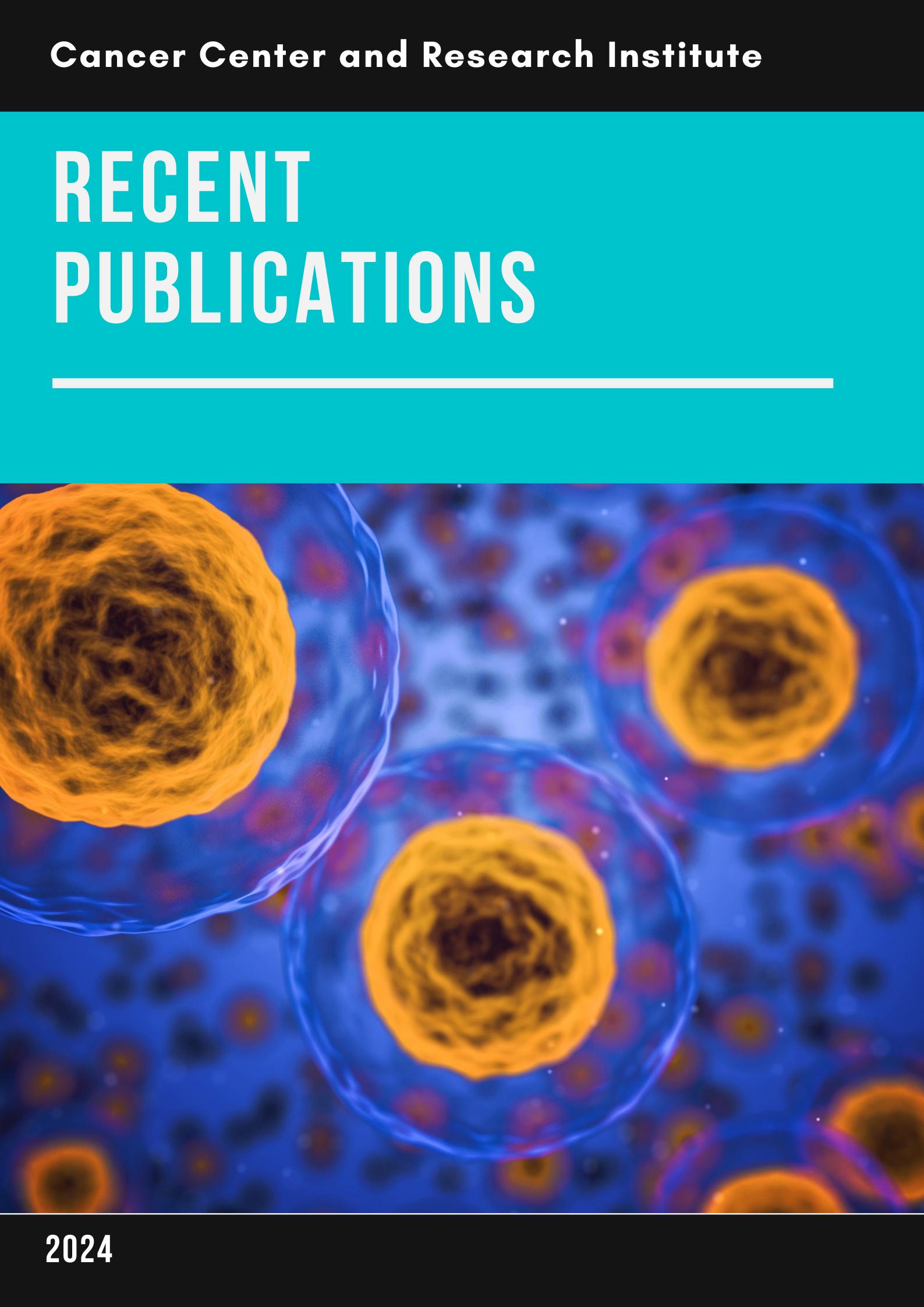New publications

Ovarian cancer causes more deaths than any other cancer of the female reproductive system, making it the second most common gynecological malignancy.
Treatment for ovarian cancer may encounter resistance to platinum-based chemotherapy, which presents a significant clinical obstacle, intensifying the rate of mortality-to-incidence ratio.
“The resistance to therapy that several ovarian cancers develop is believed to be partially caused by cancer stem cells (CSCs), which act as the roots of cancer, and rebuild and repair tumors after chemotherapy,” said Dr. Pier Paolo Claudio, professor in the Departments of Pharmacology and Toxicology and Radiation Oncology.

Claudio and other researchers recently conducted a randomized clinical trial to see whether chemotherapy protocols guided by ChemoID would enhance the response rate among patients with recurrent platinum-resistant epithelial ovarian cancer. ChemoID is a diagnostic functional assay that helps treatment decisions by testing the sensitivity of CSCs to different chemotherapy drugs.
“The goal of the ChemoID assay is to find the most effective chemotherapeutic agents that reduce the number of CSCs in ovarian cancer, thereby limiting the potential of the disease to recur, improving patients’ outcomes,” said Claudio.
In June, Claudio’s co-authors presented findings of the clinical trial of ChemoID, to guide chemotherapy treatment for patients with recurrent platinum-resistant ovarian cancer, at the American Society of Clinical Oncology 2024 annual meeting in Chicago.
The findings suggest that using the ChemoID assay to test each chemotherapy drug or combination to guide treatment enhances responses among patients with recurrent platinum-resistant epithelial ovarian cancer. Patients who received chemotherapy chosen by doctors had only 5% showing a positive response to the treatment. On the other hand, patients who received chemotherapy selected using the ChemoID assay had 55% showing a positive response to the treatment.
Healthcare providers can customize treatments more precisely and choose the most effective chemotherapy protocol for patients, improving treatment outcomes for patients.
“Modern oncology practice is moving toward precision oncology and targeted therapies to improve patients’ outcomes. ChemoID is a functional precision medicine diagnostic tool," said Claudio. "Functional precision medicine is a strategy whereby live tumor cells from affected individuals are directly challenged with chemotherapy drugs to provide personalized information to guide therapy strategies. The ChemoID assay can provide additional information regarding tumor vulnerabilities that physicians can use to their advantage and fight cancer.”


